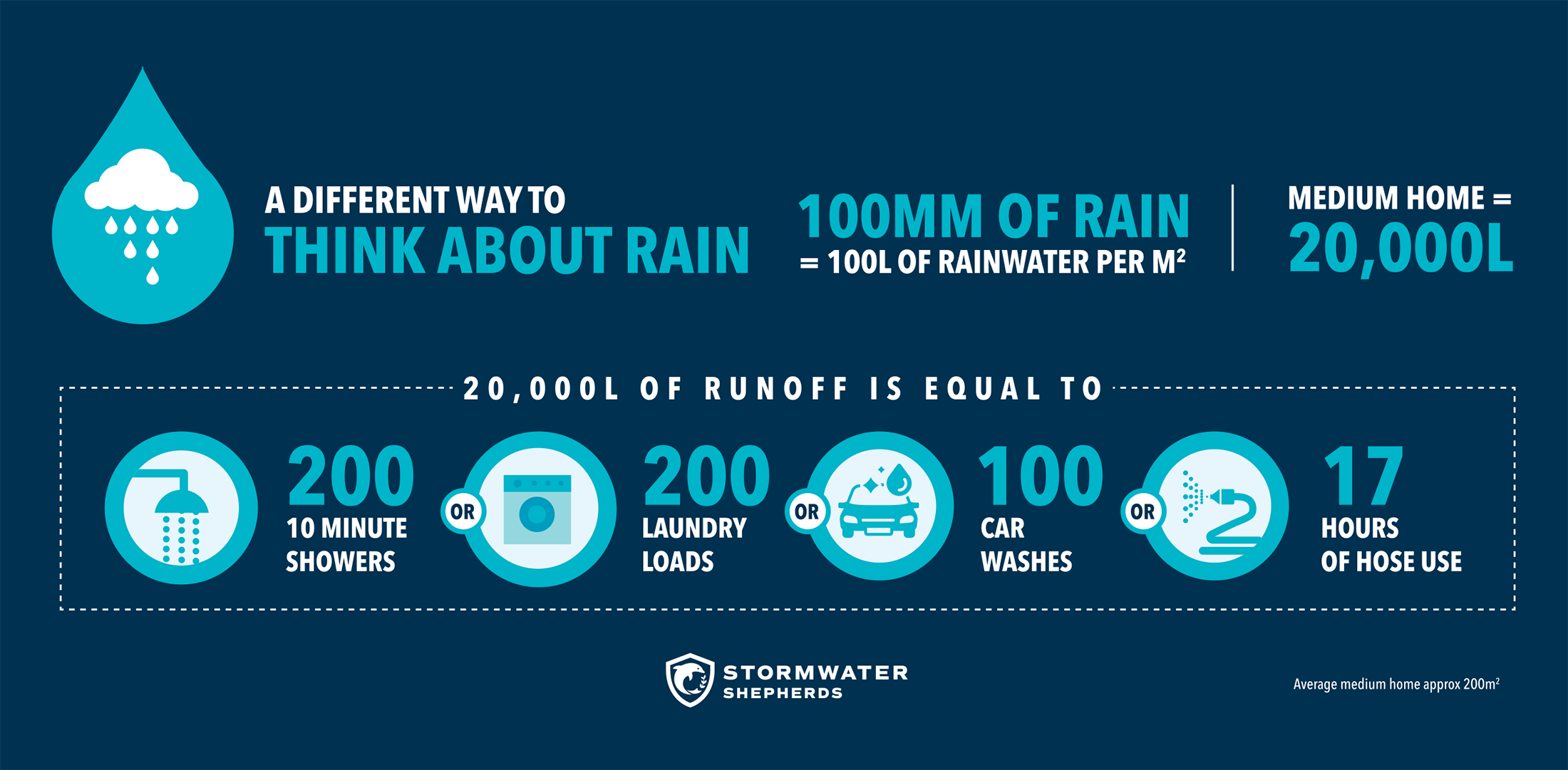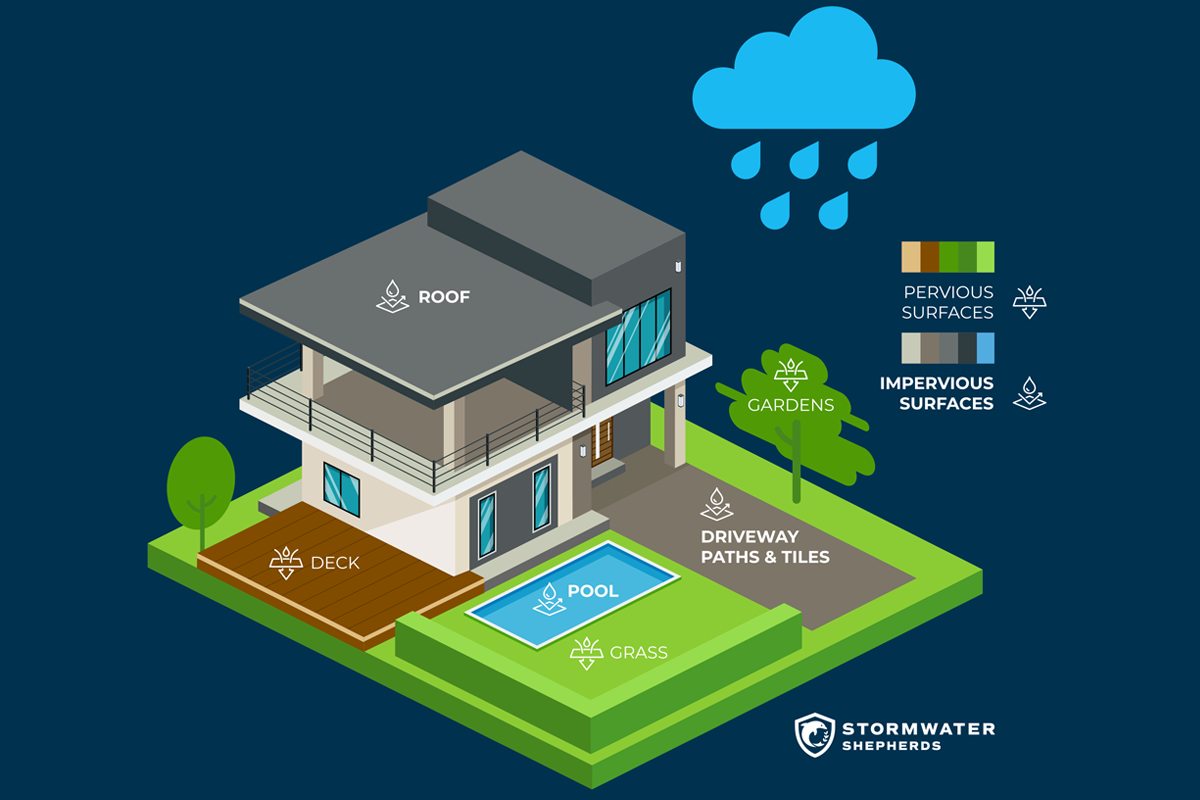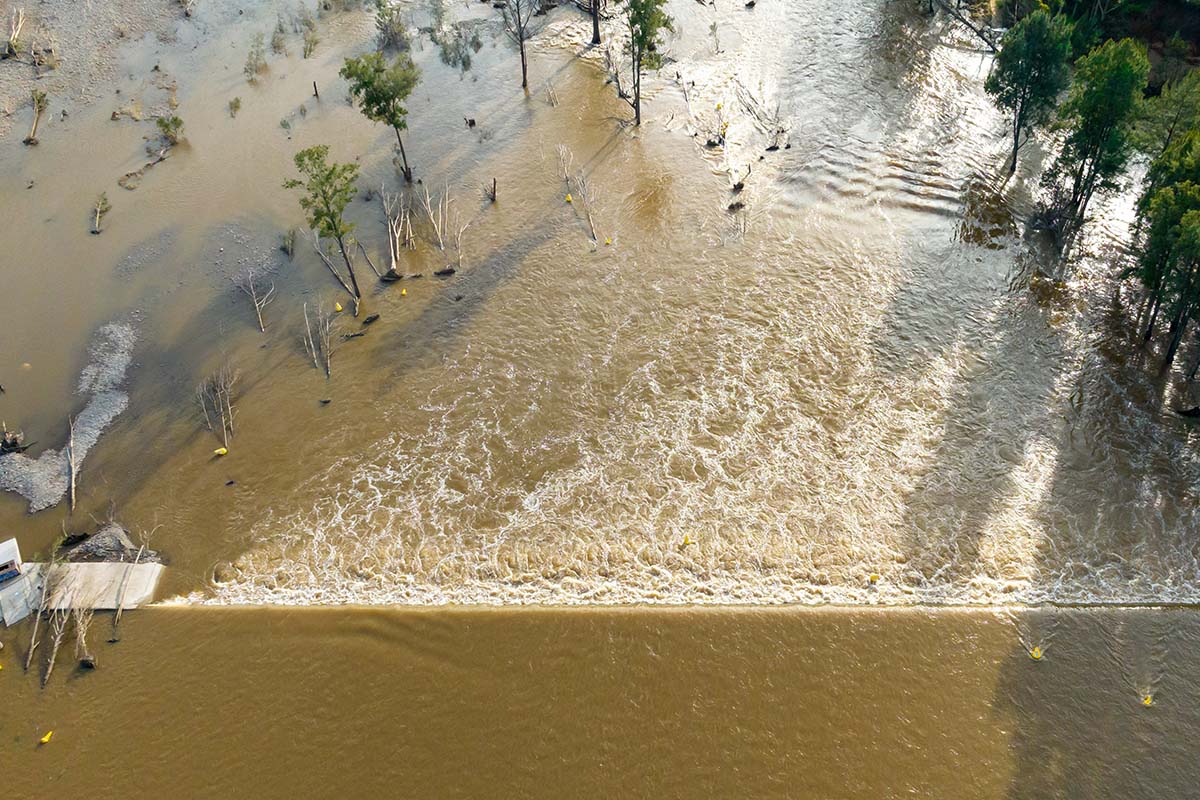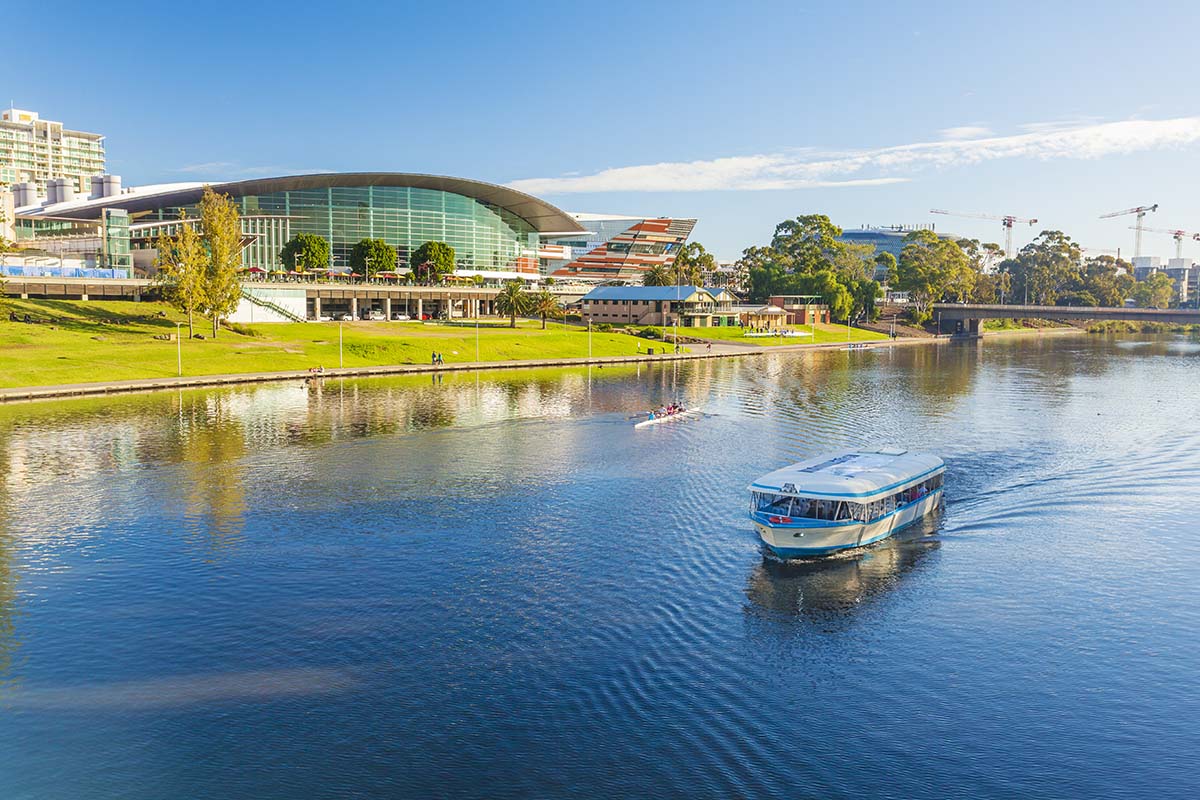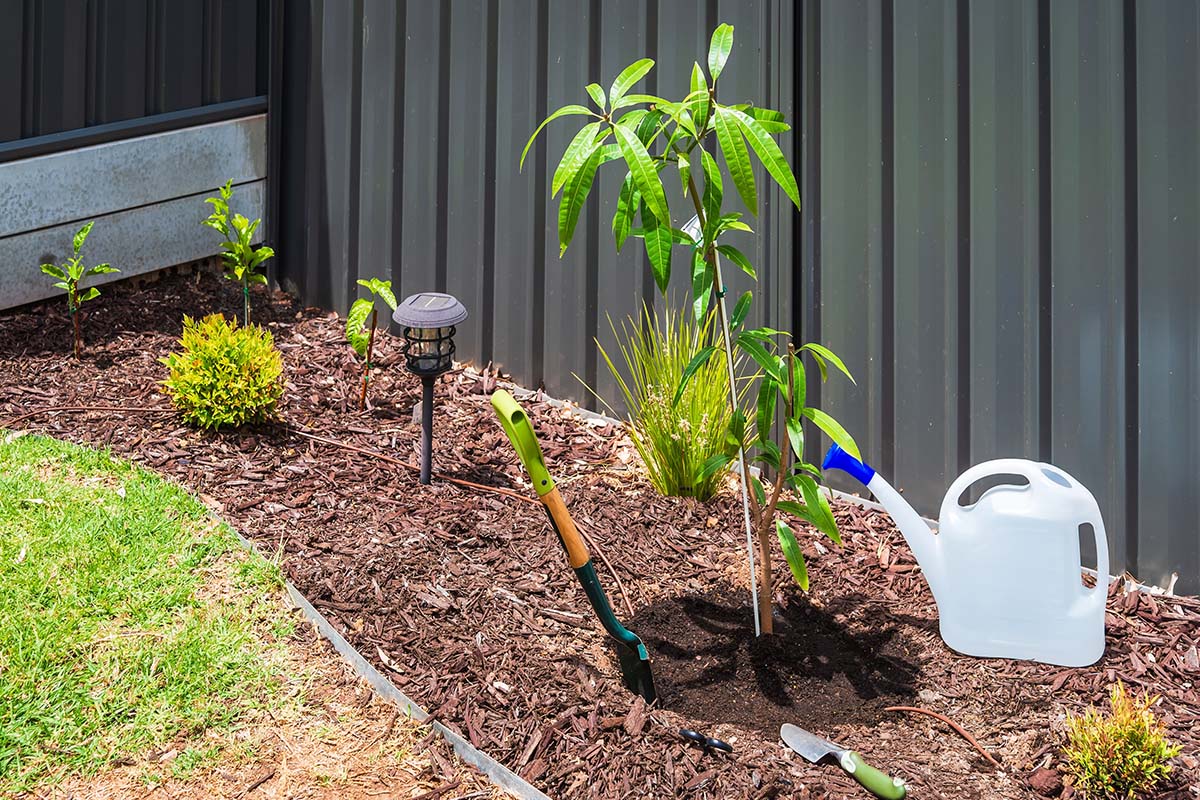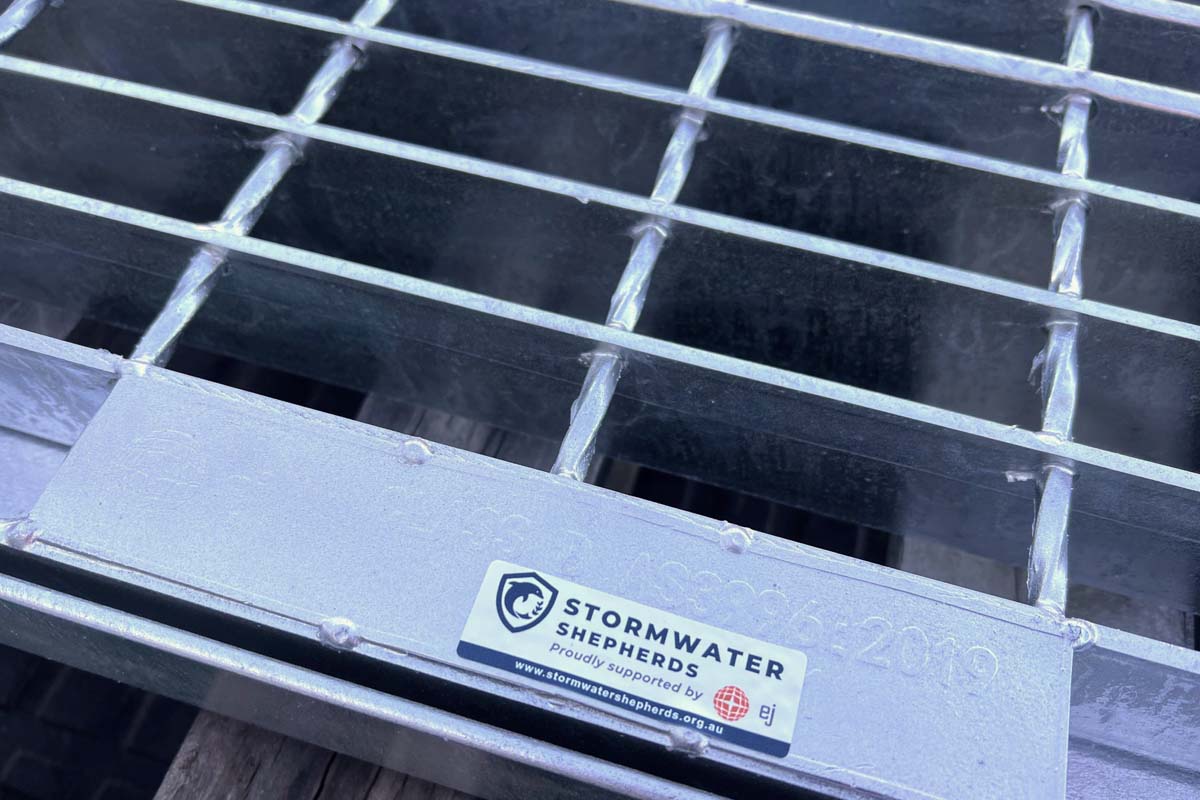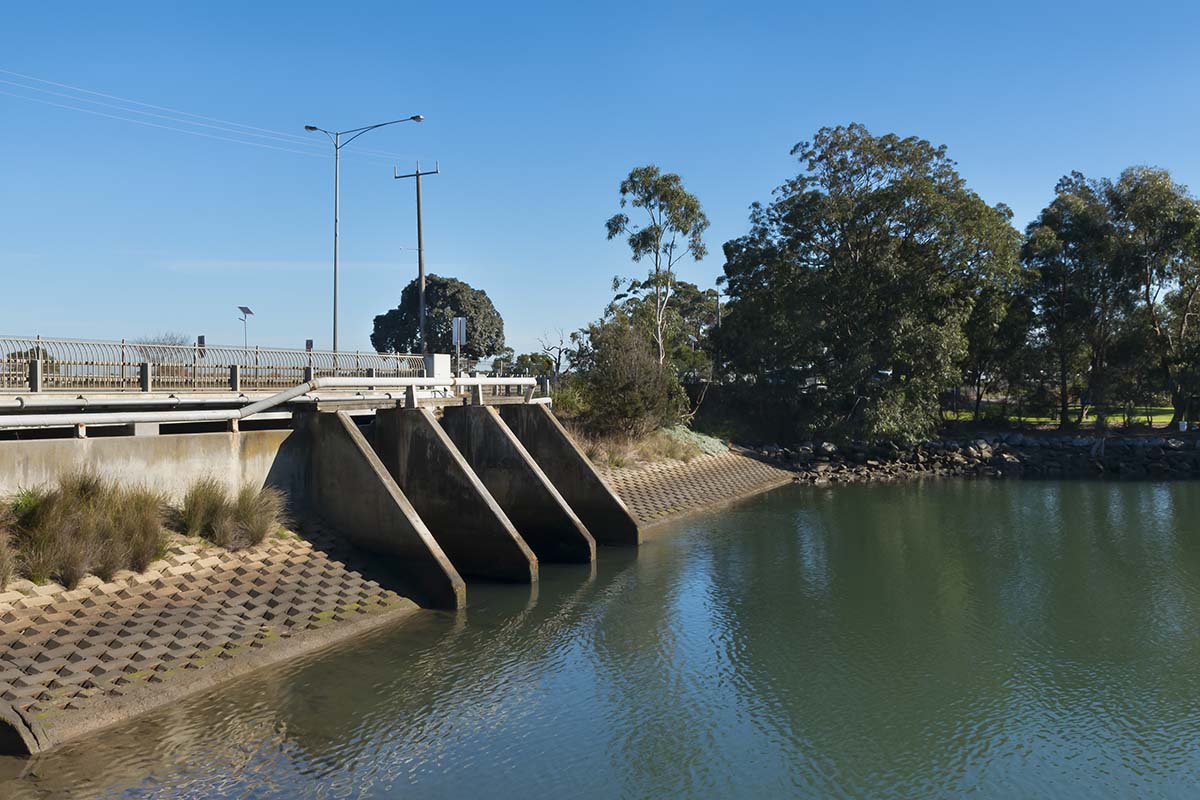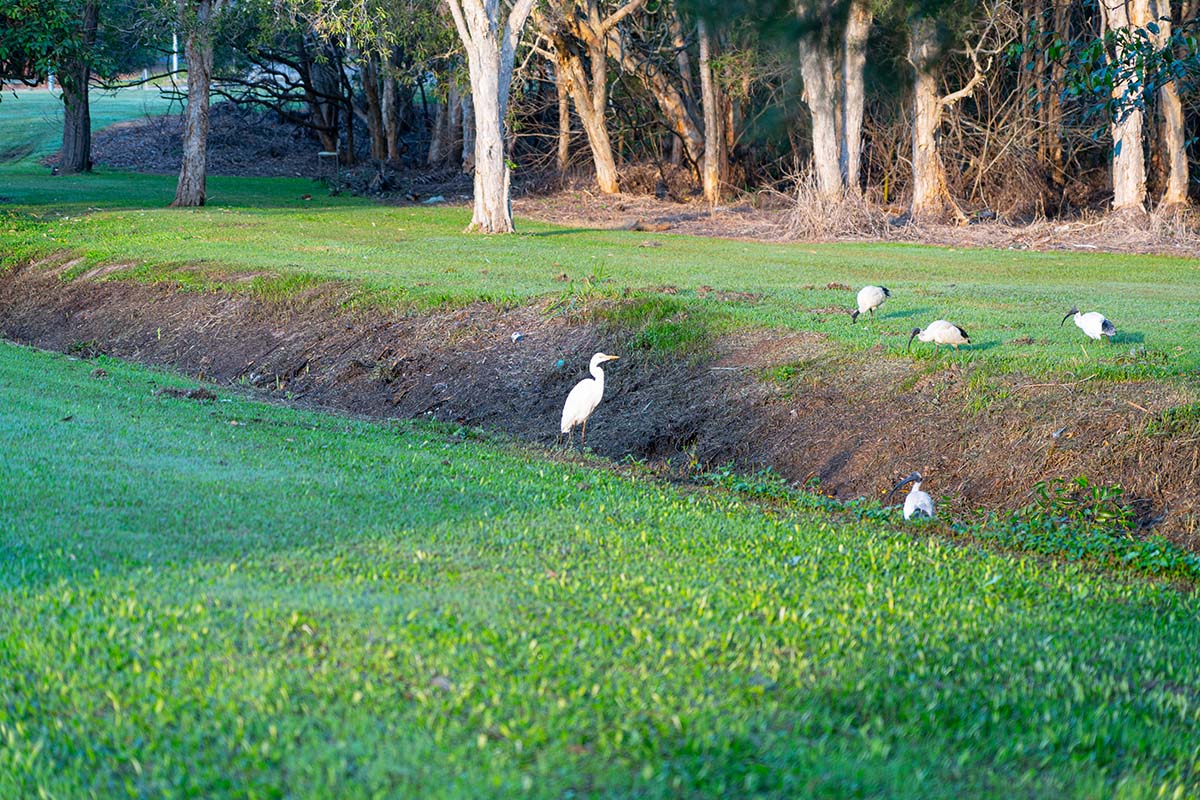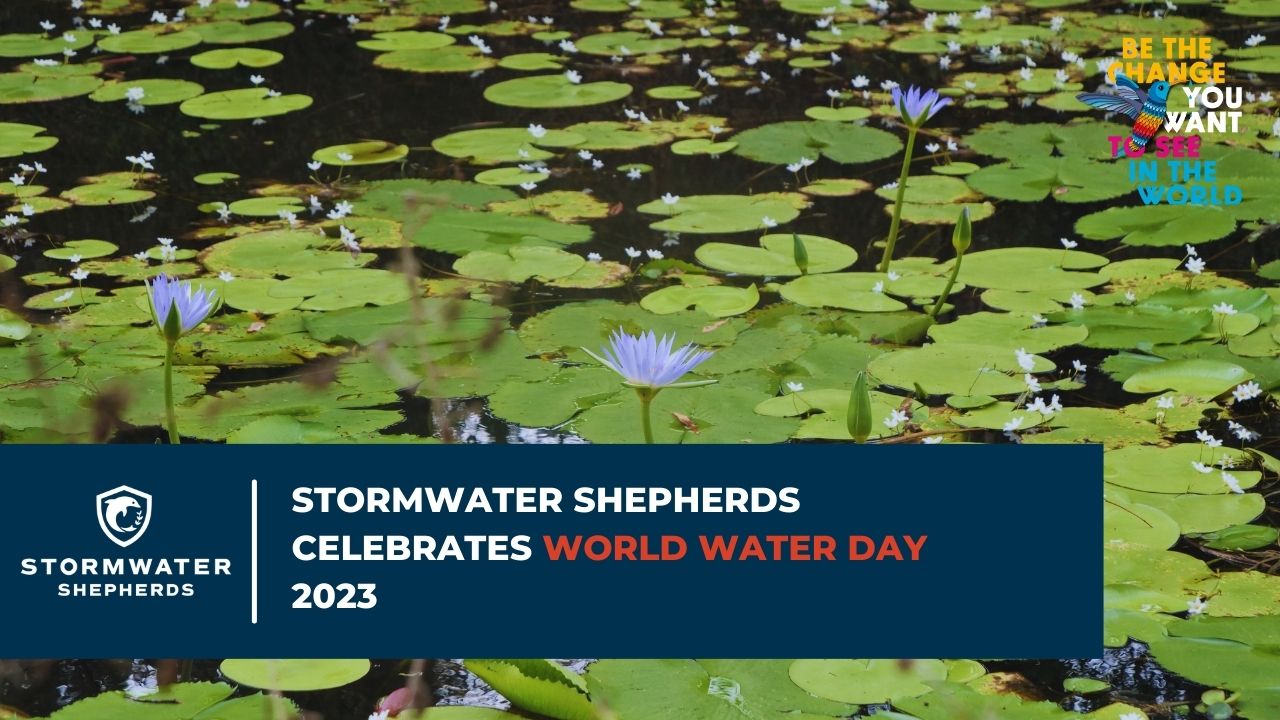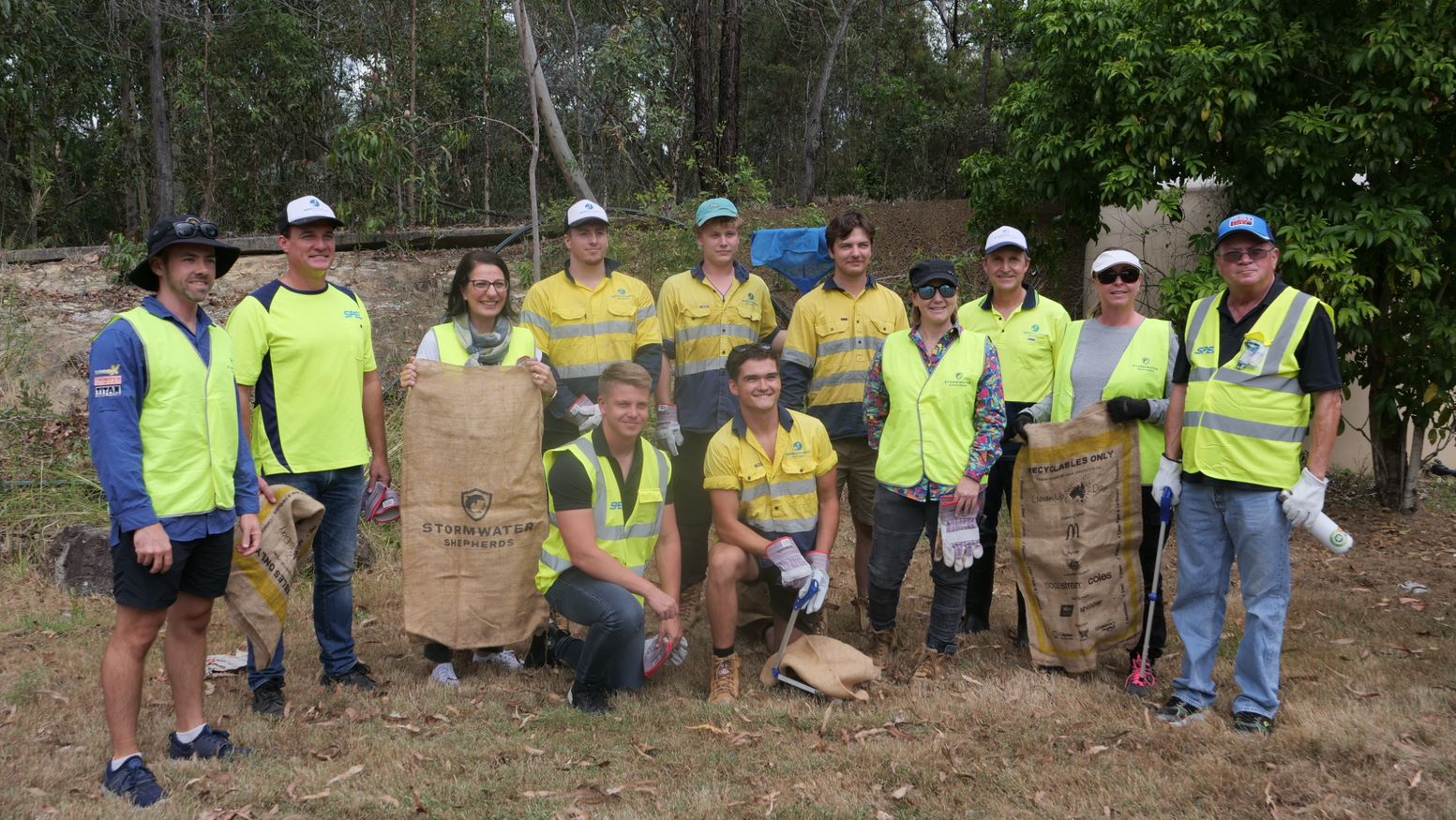Stormwater Utility Charge
As communities grow, so do the impervious or hard surfaces from a property – roofs, driveways, paths and tiled areas, along with business car parks and roads. The increase in hard surfaces transports more rain, which causes increased urban and riverine flooding.
Collecting litter and pollutants in its path, this stormwater travels to the nearest stormwater network. As these hard surfaces increase, our need for stormwater infrastructure and supporting costs also increases. How do we fund these ever-expanding systems?
We need stormwater infrastructure to manage rain events and provide safe water quality. When funded correctly, stormwater systems play a wide range of roles – such as capturing debris and plastic litter, filtering pollutants, removing sediment and heavy metal residue. They also help to mitigate flooding.
This helps to create sustainable stormwater systems for our communities. It helps them endure water damage and prevents contaminants reaching our waterways. We protect our environment and ensure clean rainwater flows to our creeks, rivers, harbours and oceans.
Without the appropriate detention and pollution filtration management, stormwater networks are the most efficient transporter of increased water and pollution to our inland waterways, causing harm to millions of aquatic lifeforms across the planet.
Managed correctly, stormwater has so much potential. It is a precious, sustainable commodity – it can even be harvested and re-used. Funding stormwater systems is an important part of our clean water future.
Correctly funded stormwater is Precious Sustainable Green Our Future
Stormwater utility charges generate funding which helps to grow our stormwater networks to protect our local communities.
What is a stormwater utility charge?
Stormwater has always been the poor cousin to water and wastewater, with a mindset to move it as quickly to the nearest river or ocean. Due to increased urban sprawl, the need for stormwater infrastructure has dramatically increased, but raising revenue to maintain these devices has somewhat been overlooked. It’s now time to promote stormwater to the same level as its cousins, and new funding models adopted.
Just like the charges we receive for our water rates (i.e., drinking water), a stormwater utility fee is a fair user-pays charge for private and commercial property’s impact on their stormwater runoff. It is a charge on stormwater runoff from your property’s hard surfaces. Most charges that have been adopted are billed like other utilities – for example, in quarterly rates notices.
Treated stormwater also provides improved social living, local economy growth from new water leisure, tourism, hospitality, enhanced biodiversity and improved mental and physical health.
Most importantly, our oceans will benefit from the reduced plastic litter and contaminants.
Councils and government water bodies usually charge a small flat stormwater levy, a fee from the general rates or a fee connected to a water bill.
But it is not enough to treat our growing need for these stormwater networks. Most councils are hesitant to pass on rising costs to ratepayers and this has become a significant issue Australia-wide. Our stormwater system is often under-funded and under-maintained.
Across the planet, new stormwater utility funding models are providing the revenue needed to allow for appropriate stormwater management. Extensive infrastructure is being funded to mitigate flooding and create better outcomes for our environment.

Would you contribute to managing your property’s stormwater runoff for less than a cup of coffee per week?
By contributing to stormwater funding, we can enjoy many benefits
- Healthier environmental outcomes
- More green spaces - cooler cities and towns
- Improves recreational uses and economic gains
- Improves mental and physical health outcomes
- Improved community assets
- A new water source for reuse – stormwater harvesting
- Reduces flood waters and erosion - less tree falls and cloudy waters
- Less mental health anguish from property damage and foul odours
- Increased property values and better insurance premiums
By failing to recognise stormwater as an issue, we risk
- Increased plastic litter and urban pollution causing health threats to all aquatic organisms and humans
- Increased flooding events causing property damage and loss of life and livestock
- Increased mental anguish from flooding, economic losses, and lack of green spaces
- Impaired environmental outcomes
- Impaired recreational and economic losses
- Potential lawsuits to governments and private corporations under fundamental rights – clean water and safe food

